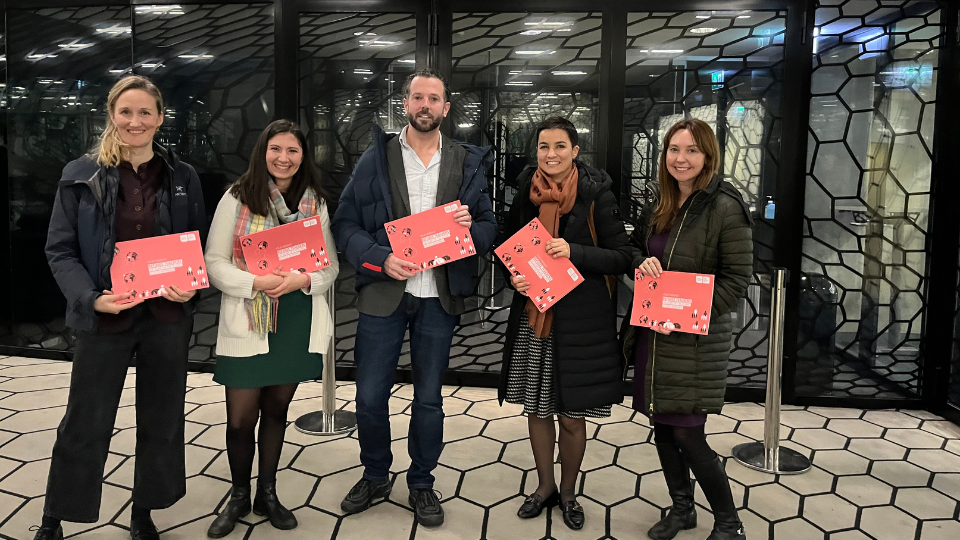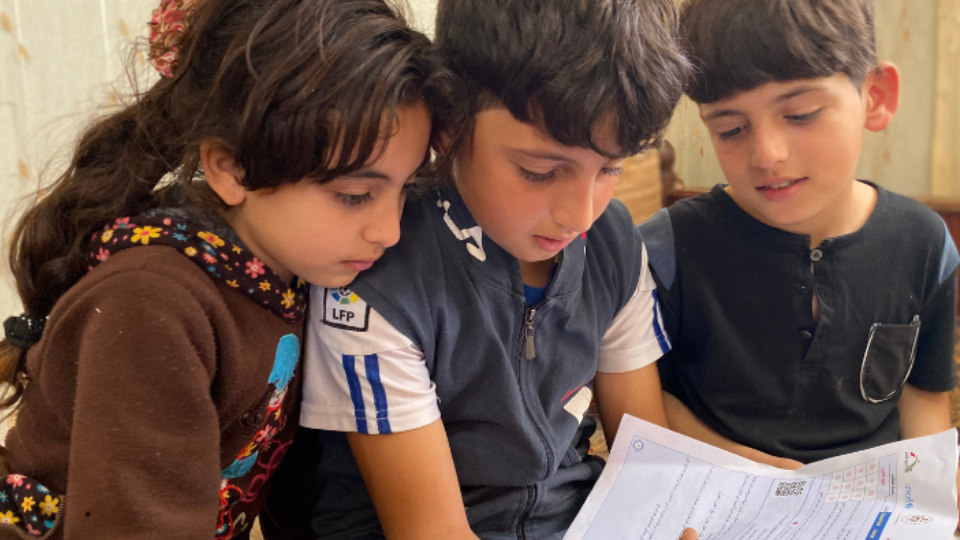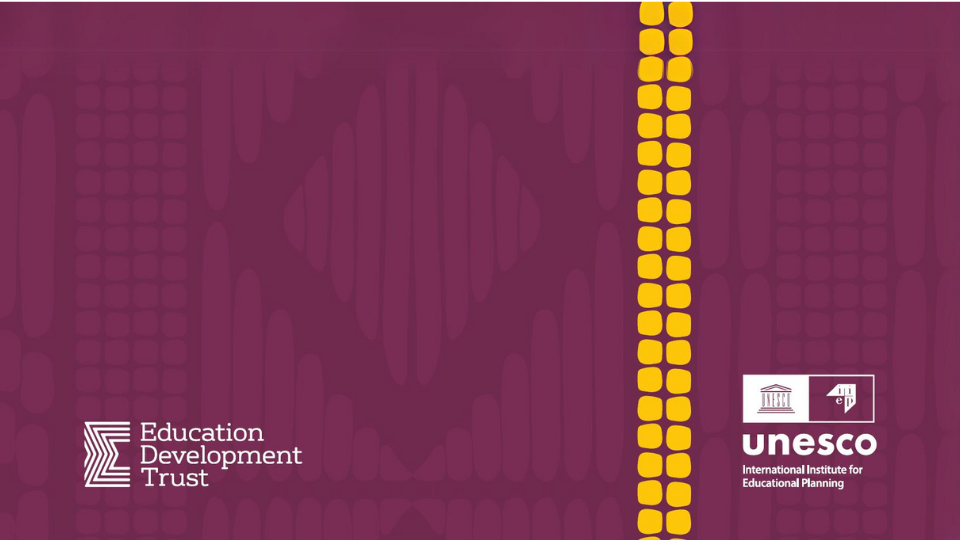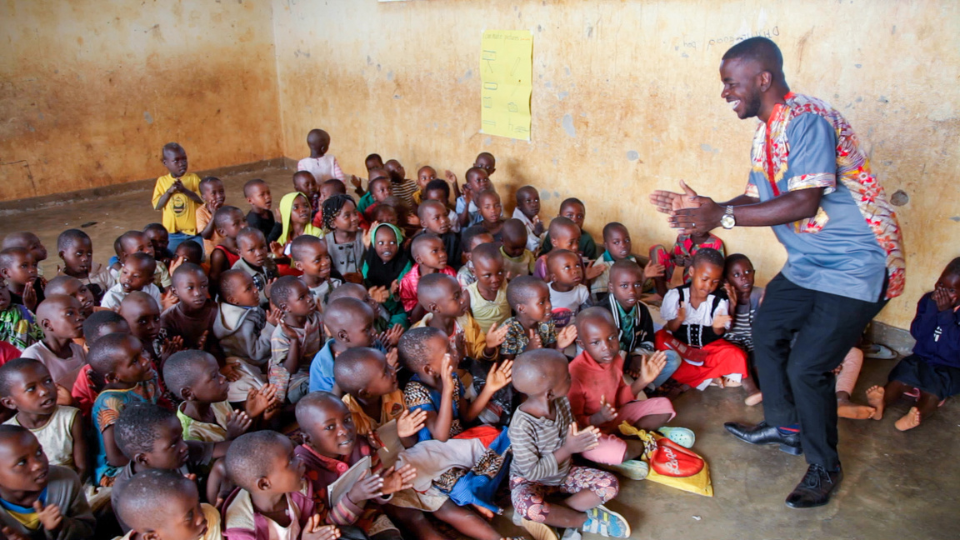Following on from the publication of our research report, Teacher Management in Refugee Settings: Kenya, published jointly with our partners IIEP-UNESCO and funded by Dubai Cares, we delighted to host a dissemination workshop and launch event for an accompanying research brief for policymakers in Kenya. This research brief builds on the findings of the report and sets out recommendations for policymakers and partners to foster stronger teaching environments for those in hosting communities, which is critical to their inclusion in the Kenyan education system. It systematically tackles the challenges that teachers in these environments face, proposing possible solutions and recommendations on how to strengthen teacher management in refugee settings, with a focus on improving recruitment processes, staff retention and working conditions, and on scaling up good practices.
Kenya already offers the same educational curriculum to learners in refugee camps and settlements as to those in the public school system, so this event, based in Nairobi, offered a key opportunity for both central and regional government stakeholders to come together to discuss further improvements to teacher management education in the counties of Turkana and Garissa, which both host large refugee populations. Discussions centred on the recommendations made in the research brief and planning pathways for implementing changes which will improve learning outcomes and opportunities for these children, including practical timeframes for action.
Government attendees included senior representatives from the Directorate of Policy and Planning, Ministry of Education (MoE), as well as from the Teachers Service Commission, the Department of Refugee Services, the National Council for Nomadic Education, and County and Sub-County Directors of Education for Garissa and Turkana counties, as well as Curriculum Support Officers working at a local level. This combination of policymakers and those who work directly in the host communities resulted in productive discussions around the respective responsibilities of the Teacher Service Commission and the MoE for teacher management, along with the key role played by the County Government.
A key focus throughout was on the importance of putting teachers at the centre of education programming, as Dickson Karadi from the Teachers Service Commission reiterated in his remarks to the delegates. “When you talk about education including refugee education, everything revolves around the teacher,” he explained. “That is why this workshop is critical.”
The recommendations in the brief, as well as the full report, resonated well with the ministry representatives, many of whom had been instrumental in conducting the research which underpins them. Dr Elyas Abdi, Director General of the MoE, explained that “We welcome these recommendations and this support to the teachers,” and highlighted the importance of inclusion – a central theme of the document – in his remarks. “We have been striving to ensure that we include completely our refugee communities in the education system,” he explained. “Because it is the best we can give these children.”
Meanwhile, Dr Sam Ngaruiya, Senior Assistant Director of Education at the MoE, reiterated the importance of collaboration between organisations, commenting: ‘“We believe the findings from this study will go a long way to shaping the policies we are going to put in place with regard to teacher management in the refugee camps.”
These sentiments were echoed by Damaris Otieno, Head of Documentation of the Department for Refugee Affairs, who stated: “We hope that going forward, the findings that are here can feed into the work that has been going on between the Department, […] UNHCR and the Ministry of Education in ensuring that we are able to include our refugees fully into the national education system.”
We were delighted to host such an inspiring and productive event and would like to thank the attendees for making the time to come together and collaborate over such an important topic. To find out more, you can watch a short video summarising the event below or read the research brief here.
To find out more, please contact Helen West or Donvan Amenya.






